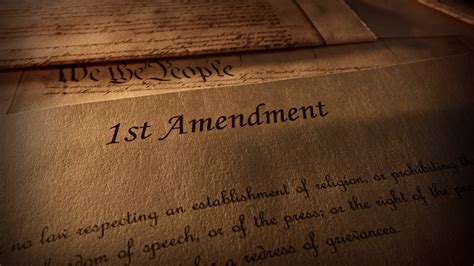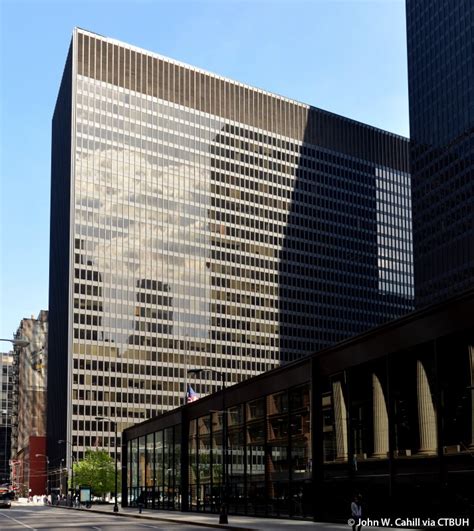Why Did Japan Attack The United States At Pearl Harbor

The surprise attack on Pearl Harbor by the Imperial Japanese Navy on December 7, 1941, is one of the most pivotal events in modern history, drawing the United States into World War II. To understand the motivations behind this attack, it's essential to delve into the complex geopolitical landscape of the time, including the economic pressures, strategic ambitions, and diplomatic tensions that led Japan to perceive an assault on the U.S. naval base in Hawaii as a necessary step.
Economically, Japan was facing significant challenges in the early 1940s. The country was heavily dependent on imports, particularly oil, which was crucial for its military expansion and industrial development. However, the United States, along with the United Kingdom and the Netherlands, imposed economic sanctions on Japan in response to its aggressive military actions in Asia, including the invasion of China. These sanctions severely limited Japan's access to oil and other vital resources, threatening its ability to sustain its military campaigns and industrial production.
Strategic Ambitions and the Role of the United States

Japan's strategic ambitions in Asia, particularly its desire to create a self-sufficient economic bloc known as the Greater East Asia Co-Prosperity Sphere, were seen as a direct challenge to the colonial powers and the United States. The U.S., with its significant military presence in the Pacific and its policy of supporting China against Japanese aggression, was perceived as a major obstacle to Japan's expansionist goals. The Japanese military leadership believed that a surprise attack on the U.S. Pacific Fleet at Pearl Harbor could prevent the U.S. from interfering with Japanese expansion plans, at least for a sufficient period to allow Japan to secure the resources and territories it needed.
The U.S. had been gradually increasing its military presence in the Pacific and had also been providing significant economic and military aid to China. The Japanese saw this as an attempt to encircle and strangle their empire. The U.S. oil embargo, imposed in response to Japan's continued aggression, was the final straw, making it clear to the Japanese leadership that they had to act decisively to secure their interests.
Diplomatic Tensions and the Failure of Negotiations
Diplomatic relations between the U.S. and Japan had been deteriorating for years, with both sides engaging in a series of failed negotiations and ultimatums. The Japanese government, dominated by the military, believed that war with the U.S. was inevitable and that a surprise attack would give them a strategic advantage. The U.S., on the other hand, was attempting to avoid war, hoping that economic pressure and diplomacy could persuade Japan to abandon its aggressive expansion.
The failure of the Hull Note, a U.S. proposal presented to Japan in November 1941 that called for Japan to withdraw its forces from China and Indochina in exchange for a relaxation of economic sanctions, marked the end of significant diplomatic efforts to prevent war. The note was seen by Japan as an unacceptable attempt to dictate its foreign policy and an ultimatum that left little room for negotiation.
| Event | Date | Significance |
|---|---|---|
| U.S. Oil Embargo | July 1941 | Severely limited Japan's access to oil, threatening its military and industrial capabilities. |
| Presentation of the Hull Note | November 1941 | Final U.S. diplomatic effort to prevent war, seen by Japan as unacceptable. |
| Japanese Attack on Pearl Harbor | December 7, 1941 | Drew the U.S. into World War II, significantly altering the global balance of power. |

Key Points
- The economic sanctions imposed by the U.S. and its allies severely impacted Japan's ability to access vital resources, such as oil.
- Japan's strategic ambitions in Asia, including the creation of the Greater East Asia Co-Prosperity Sphere, were directly challenged by the U.S. military presence in the Pacific.
- The failure of diplomatic negotiations, including the Hull Note, left Japan believing that war with the U.S. was inevitable.
- The surprise attack on Pearl Harbor was intended to prevent U.S. interference with Japanese expansion plans, at least in the short term.
- The attack on Pearl Harbor drew the U.S. into World War II, significantly altering the global balance of power and the course of the war.
The attack on Pearl Harbor was not merely a tactical operation but a strategic decision aimed at securing Japan's interests in a rapidly changing world. It was a gamble that ultimately backfired, as the U.S. entry into World War II would contribute significantly to the Allied victory and Japan's defeat. The complexities of the geopolitical landscape at the time, including economic pressures, strategic ambitions, and diplomatic failures, all played a role in Japan's decision to attack the United States at Pearl Harbor.
Looking forward, the legacy of the Pearl Harbor attack continues to influence international relations and strategic thinking. It serves as a reminder of the importance of diplomacy, the dangers of economic coercion as a tool of foreign policy, and the unpredictable nature of military conflicts. The event has also prompted ongoing discussions about the balance between economic interests, military power, and diplomatic engagement in preventing or precipitating conflicts.
What were the primary motivations behind Japan’s decision to attack Pearl Harbor?
+The primary motivations included economic pressures due to U.S. and Allied sanctions, strategic ambitions to expand the Greater East Asia Co-Prosperity Sphere, and the failure of diplomatic negotiations, which made war seem inevitable to the Japanese leadership.
How did the U.S. oil embargo affect Japan’s decision-making process?
+The U.S. oil embargo severely limited Japan’s access to oil, which was crucial for its military and industrial operations. This led to a significant escalation of tensions and was seen as a direct threat to Japan’s national security and expansionist plans.
What role did diplomatic failures play in the lead-up to the attack on Pearl Harbor?
+Diplomatic failures, particularly the Hull Note, were significant. The note was seen as an ultimatum by Japan, leaving little room for negotiation and reinforcing the belief among the Japanese leadership that war with the U.S. was inevitable.



